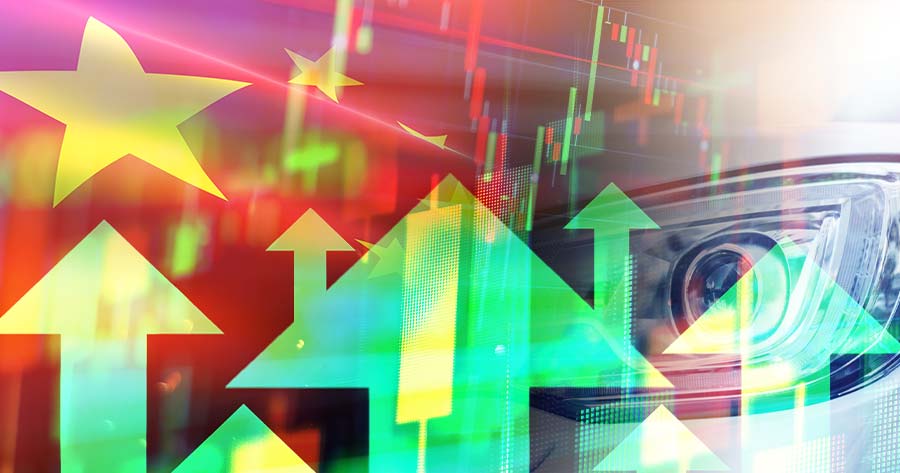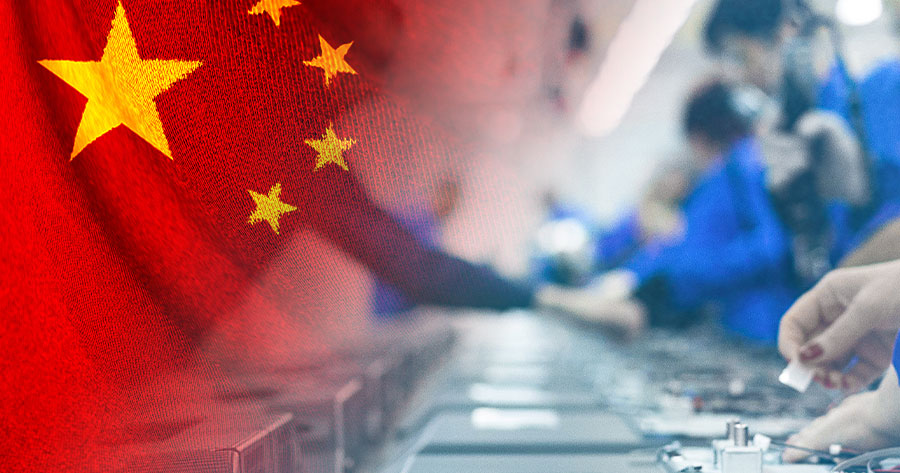Notwithstanding the US-proposed ban on Chinese vehicles, the Chinese automakers still saw their prices increase in tandem with Beijing announcing its easing policies: Li Auto, listed in the Stock Exchange of Hong Kong, rose by 8%, Nio by 9%, BYD rose 2.7%, Geely casted up 3.3% and Leapmotor, fittingly, leaped 4.35%.
This development followed the proposed ban by the US sought to prohibit import and sale of cars equipped with communication or automated systems or installed with software connected to China and Russia which allow Bluetooth, cellular or WiFi modules.
The plan would result in almost every Chinese car prohibited from entering the US and force key automakers to remove any Chinese-related software and hardware from their cars, also prevent test-drive of Chinese self-driving cars as well as any software or hardware built by US adversaries such as Russia. However, a senior official noted that they would consider granting “specific authorizations” to Chinese makers.
The Chinese Embassy has “urged the US to earnestly abide by market principles and international trade rules” and vowed to defend its “lawful rights and interests.”
The Department of Commerce would allow a 30-day period for public criticism on the proposal, expecting to have it finalized by January 20, 2025.
Jeffrey Sachs, professor of economics and director of the Center for Sustainable Development at Columbia University, as well as a prominent critic of the US foreign policy towards China, said there was no concrete evidence that China is installing malware as claimed by the US officials. On the contrary, the US might be “projecting the kind of malware itself plans to install,” said professor Sachs, further explaining that the goal of such a ban is protectionism by impairing Chinese EVs in the US and European markets. Sachs urged cooperation between the two nations to ensure “neither party nor other countries behave in this manner.”
Gary Hufbauer of the Peterson Institute for International Economics, also a former US Treasury official, implied that the proposal signifies a step taken towards supply chain decoupling. Hufbauer noted that Jake Sullivan, a National Security Advisor, has vowed to limit the flow of advanced technology to China through commercial restrictions – one can draw some similarity from the previous ban on Huawei and the current effort to coerce TikTok into selling itself to a US firm.
Many experts on China viewed the fear of Beijing “has gone too far” and “is hurting American consumers,” while the US automakers might be left behind without accessibility to the latest technology such as the EV battery nowadays dominated by China.





